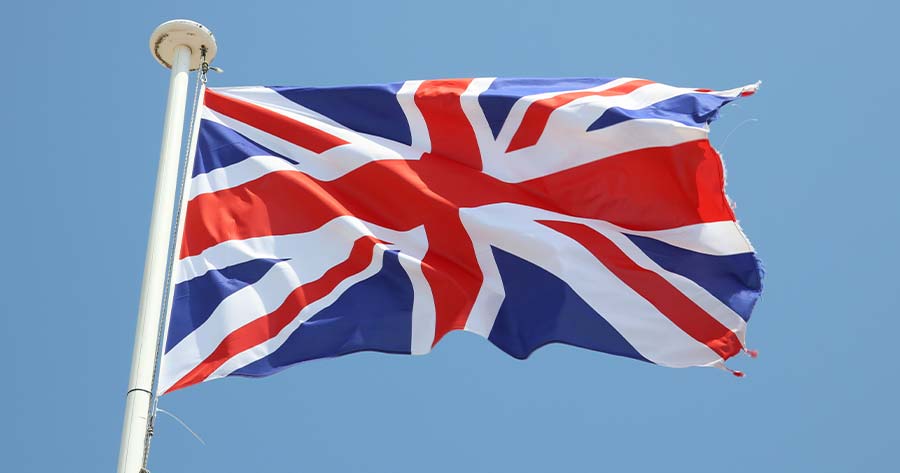The Office for National Statistics (ONS) released flash figures on Wednesday, indicating that the U.K. economy remained stagnant in July on a month-on-month basis, while economists polled by Reuters had expected a growth rate of 0.2%. This follows the trend of no GDP growth recorded in June.
Despite the unchanged overall GDP, the services sector experienced modest growth of 0.1% in July. However, there was a decline in production and construction output by 0.8% and 0.4%, respectively.
Over the three-month period ending in July, the UK’s economic growth increased by 0.5%, slightly below expectations and the 0.6% growth observed in the second quarter ending in June.
The latest economic figures come under the new Labour government led by Prime Minister Keir Starmer, who assumed office on July 4. Finance Minister Rachel Reeves acknowledged the ongoing challenges faced by the UK economy, emphasizing the need for gradual change and cautioning against unrealistic expectations.
Looking ahead, the upcoming Autumn Statement on Oct. 30 will outline the annual budget, with Reeves hinting at forthcoming fiscal adjustments due to significant financial gaps inherited from the previous government.
Investment strategist Lindsay James from Quilter Investors expressed concerns about potential tax increases impacting consumer spending in the near future. Nonetheless, James noted that anticipated interest rate adjustments by the Bank of England could alleviate broader economic pressures.
The central bank is scheduled to convene next week for its policy decision, following a recent rate cut, with expectations of continued supportive measures in the upcoming year.





